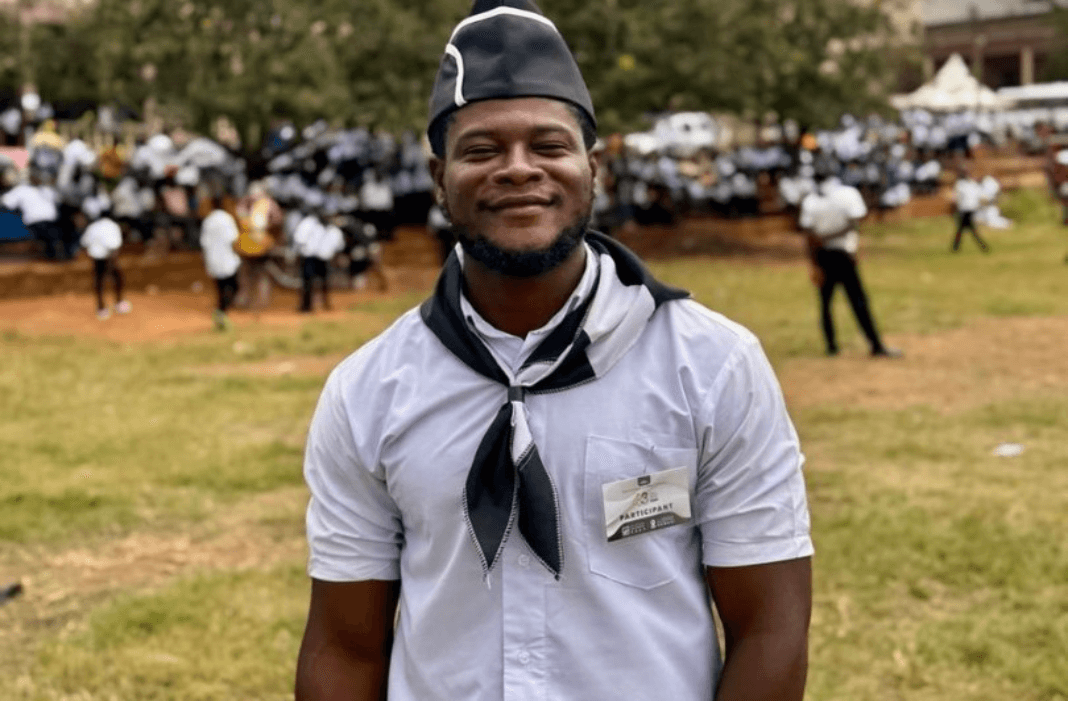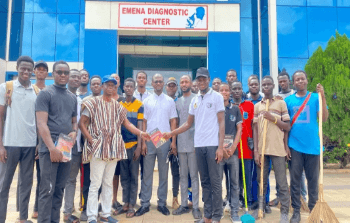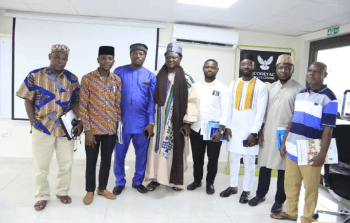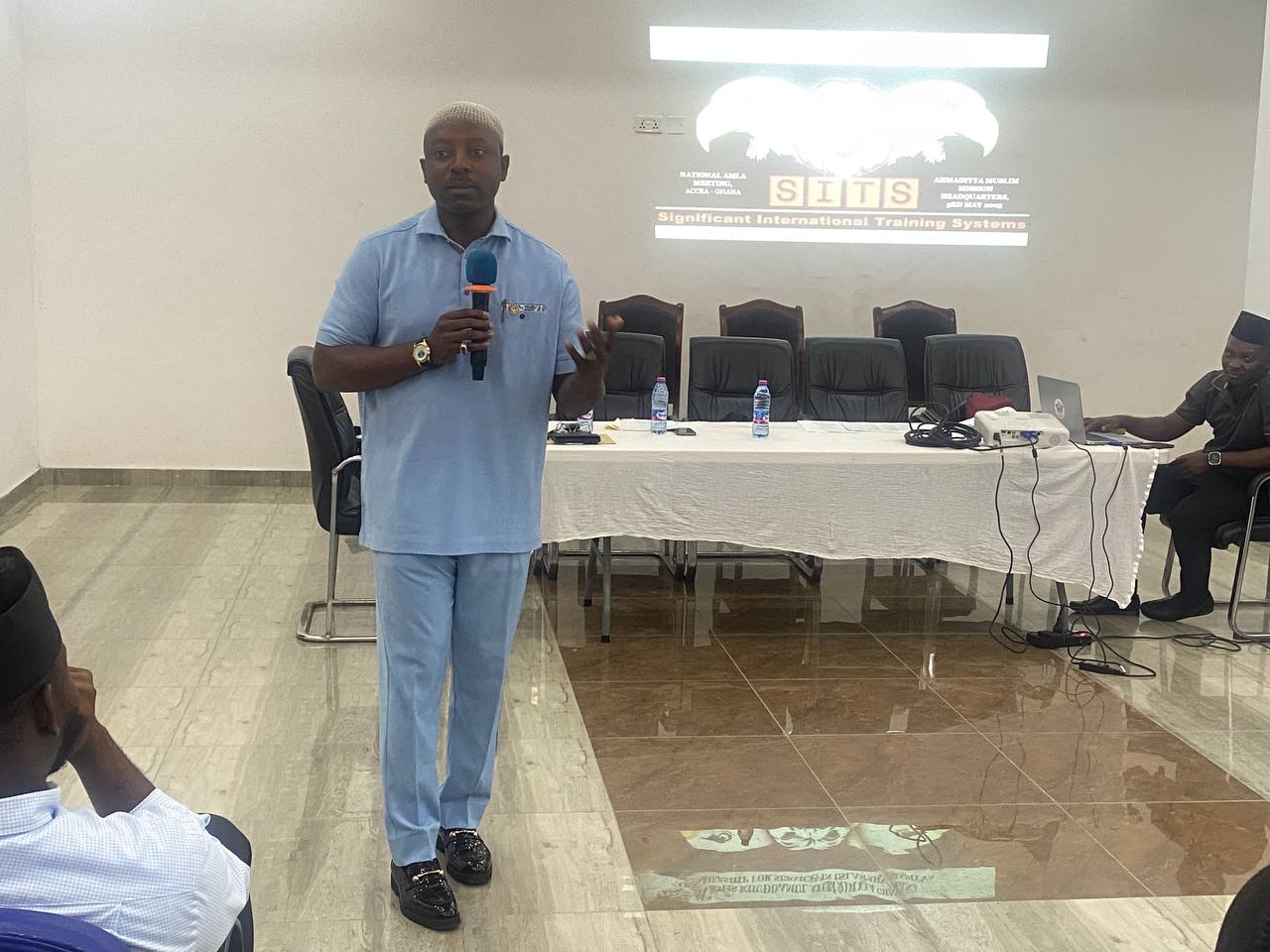
True Leadership Builds People - Ibrahim Asante.
In what participants described as both a sobering and inspiring address, respected trainer and leadership development consultant Ibrahim Asante delivered a compelling talk on the importance of soft skills in leadership at a special capacity-building session organized under the directive of Sadr Mr. Kobina Benyarko Ahmed.
The session, which brought together regional and national executives of MKA Ghana, was part of a broader initiative to strengthen leadership capacity across all levels of the organization. The Sadr had earlier emphasized the need to go beyond technical competence and religious knowledge, underscoring that the future of the institution depended on leaders who could inspire, communicate, and uplift.
Building on that foundation, Ibrahim Asante’s talk focused on the mindset, emotional intelligence, and relational skills necessary for meaningful and sustainable leadership.
The Missing Ingredient: Leadership Beyond Structure
“We have the religious knowledge. We understand our system. And we are committed,” Asante began. “But all these are just the foundation. The real difference between surviving and thriving lies in how we lead — how we speak, how we listen, how we guide people.”
Mr. Asante described this as the “soft skills gap” — the absence of qualities such as emotional intelligence, empathy, communication, humility, and self-awareness in many leadership settings. These, he argued, are often undervalued because they are less tangible, but they are indispensable for meaningful and lasting leadership.
He drew attention to the fact that many leaders struggle not because they lack knowledge or authority, but because they fail to connect with their teams on a human level. “When people don’t feel seen or respected, they disengage. And when that happens, your leadership becomes performative — not transformative.”
Arrogance Is Not Leadership
One of the most powerful moments in Mr. Asante’s presentation was his candid critique of leadership ego. He warned leaders against the dangers of equating position with power or respect.
“If people only follow you because of your title, then you haven’t built true leadership. Influence without humility is not leadership — it’s control. And control will eventually collapse,” he said, adding that arrogant leadership stifles innovation, discourages contribution, and ultimately drives capable people away.
Instead, he called for a leadership culture based on mutual respect, continuous learning, and the willingness to admit mistakes. “We must not pretend we know everything. A good leader asks questions. A great leader listens.”
Practical Tools and Actionable Steps
Ibrahim Asante didn’t only challenge — he equipped. Throughout his talk, he provided practical tools that leaders can adopt immediately, such as:
- Self-Audit Questions: Encouraging leaders to reflect regularly — "Did I truly listen today?" "Who spoke the least, and why?" "Did I acknowledge someone else's idea?"
- Feedback Loops: Implementing systems where members at all levels can safely and constructively give feedback on leadership behavior.
- Mentorship Mandates: Assigning every senior leader the responsibility of mentoring at least one emerging leader, ensuring the system doesn’t rely on personalities but on principles.
- Conflict Management Through Empathy: Teaching leaders to de-escalate tensions not through authority, but through understanding.
He emphasized the need for building trust at every level. “A leader must be someone people can approach not only when things are good, but when they’re afraid, uncertain, or even angry.”
Replicating the Experience Across the Nation
The session formed part of a national initiative championed by Sadr Mr. Kobina Benyarko Ahmed, aimed at ensuring that every region and circuit within the Jama’at builds leadership capacity in a structured, measurable way.
In his earlier remarks, the Sadr emphasized that while foundational knowledge of faith and organizational systems remains essential, these must be complemented by the right soft skills to take the Jama’at to the next stage of maturity and efficiency.
Mr. Asante echoed this by charging regional leaders to internalize the lessons and immediately replicate them within their jurisdictions. “Let this not stop here. Build your own versions. Find your own Ibrahim Asantes locally — people who can speak truth and wisdom into your teams.”
The session concluded with a clear directive: all regions are to host at least one soft skills-focused capacity-building session before the end of June, with structured reports submitted by their Senior Interest Groups (SIGs) to the National Secretariat.
A Closing Challenge: What Will Your Legacy Be?
In his final remarks, Ibrahim Asante offered a stirring challenge to all in attendance:
“Ask yourself this: When you are no longer in this position, what will remain? Will people say you helped them grow? Or will they breathe a sigh of relief that you are gone? True leadership builds people. Let that be your legacy.”
The applause that followed was not simply a gesture of appreciation — it was a quiet promise among those present: to lead differently, and to lead better.

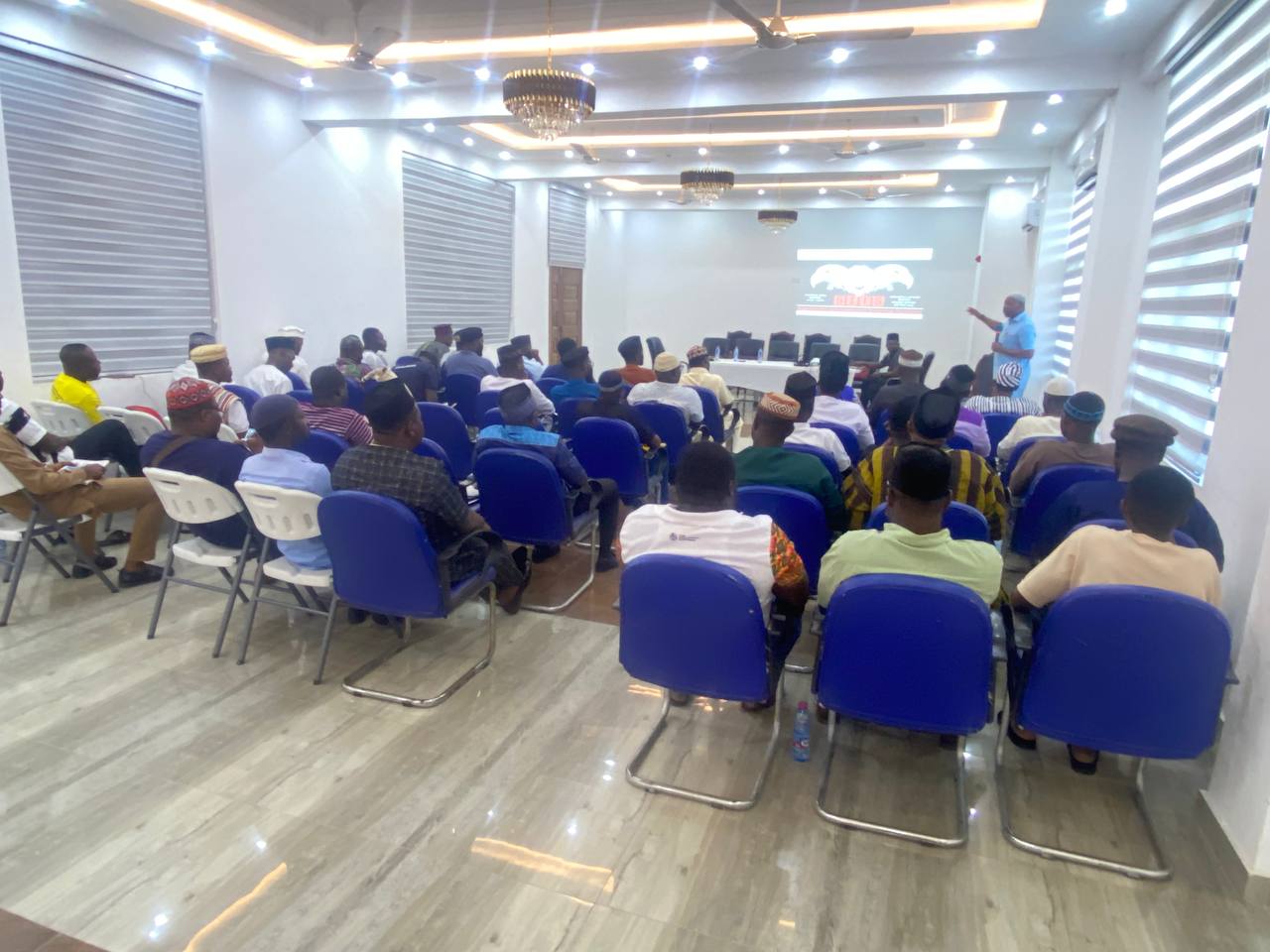
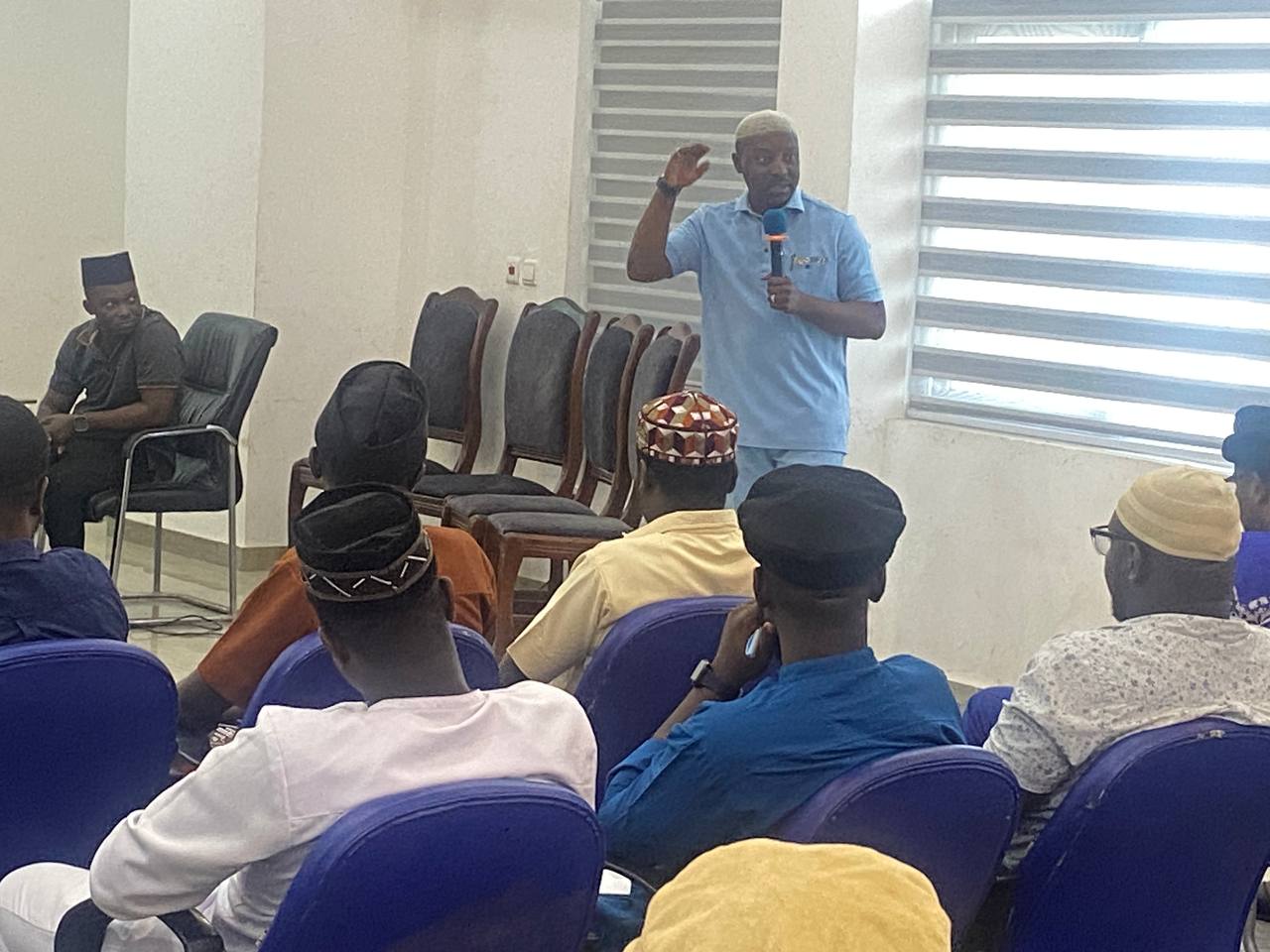
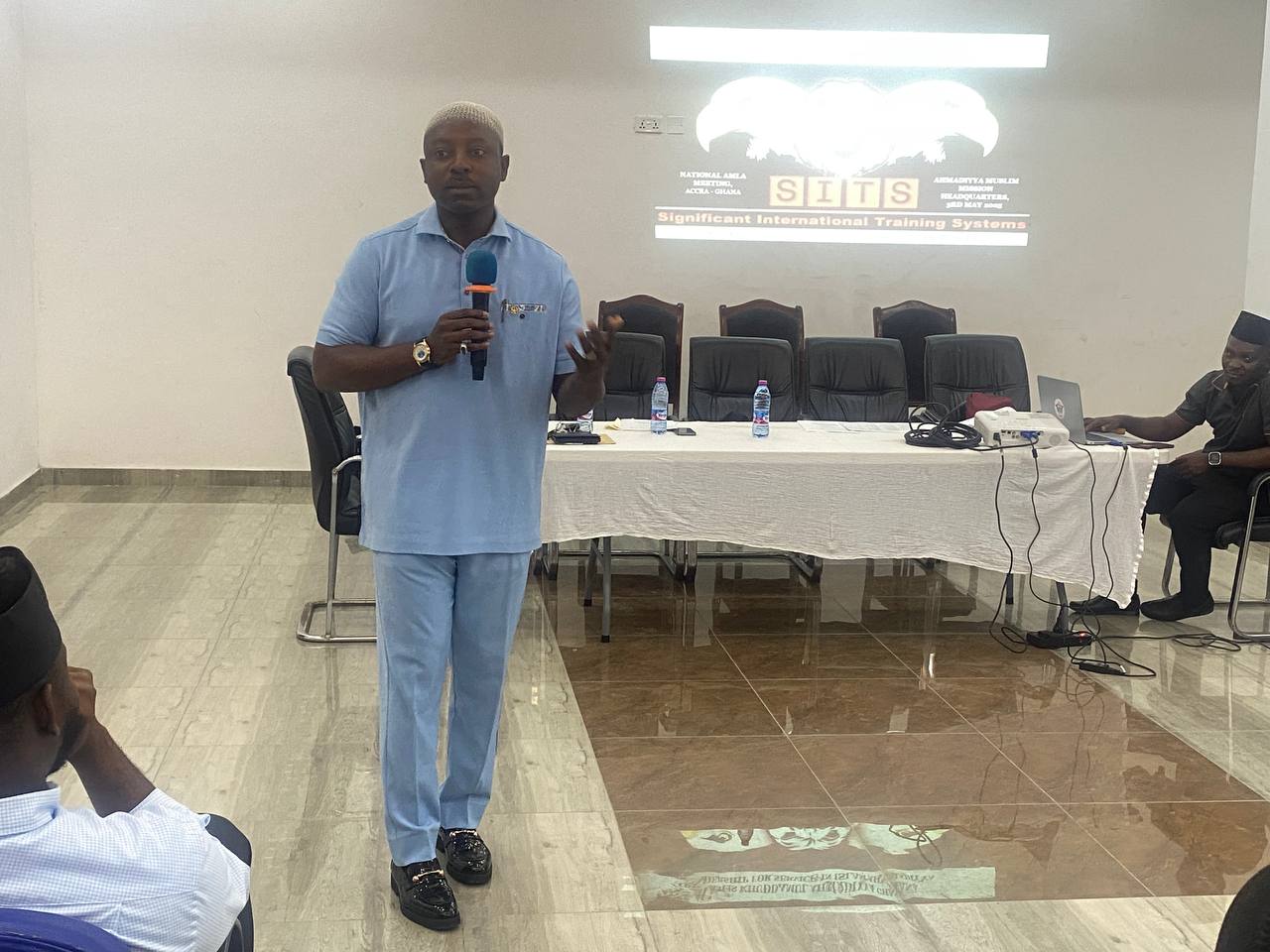
Story by Fadl Rahman Essel, Muhtamim Isha’at, MKA Ghana.
Previous Articles
The uniform that shaped me: A journey ofreflection and renewal.
